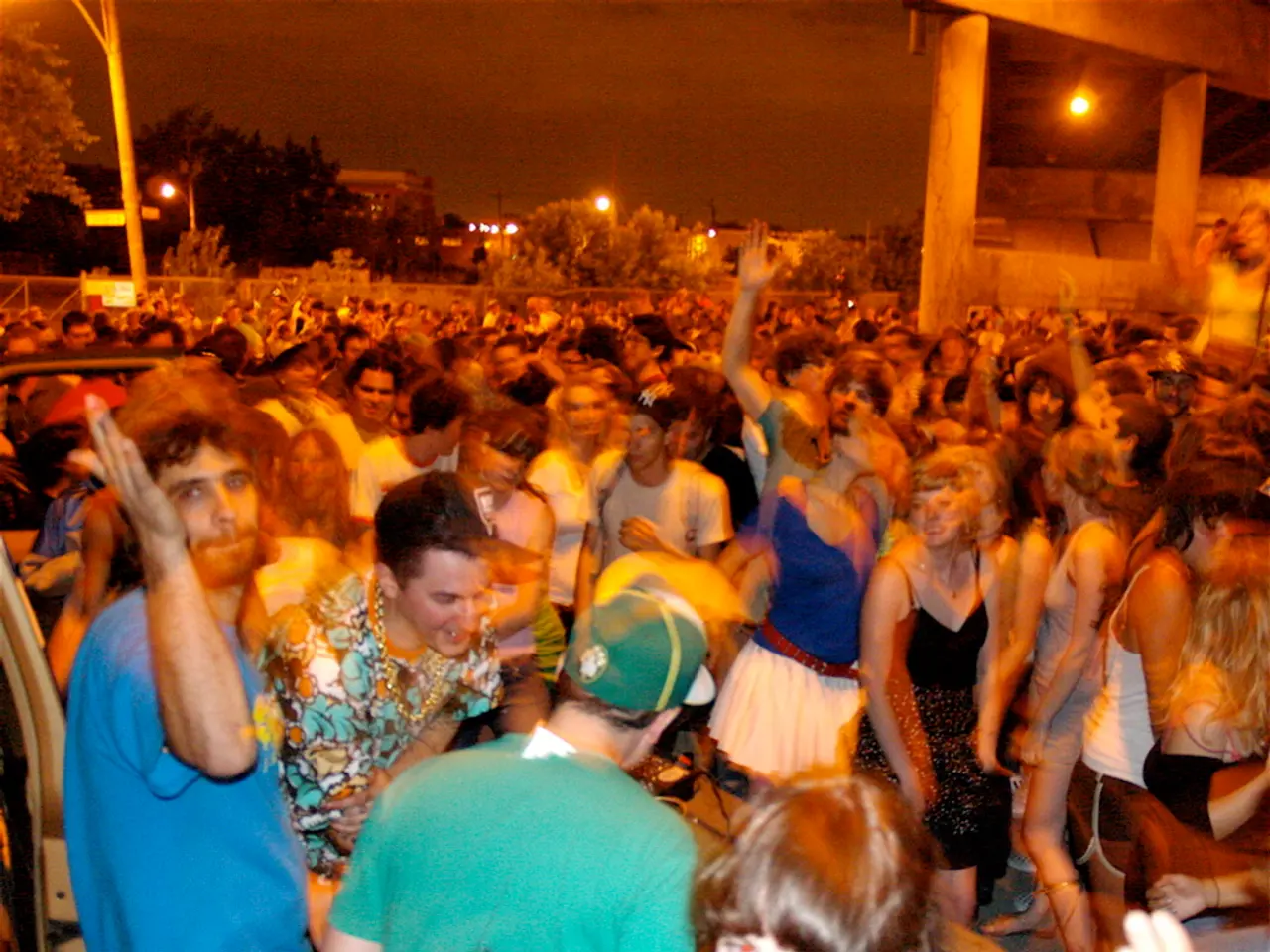University Medicine Halle's Spring Blossoms Festival Brings Families Together
The University Medicine Halle hosted the ninth Spring Blossoms Festival on September 27th, bringing together over 20 families and staff at the Heideranch in Halle-Nietleben. This annual event, initiated by the 'Early Bloomers' playgroup, provides a reunion for families who previously had children cared for in the Neonatology or Pediatric Intensive Care Unit.
The festival was organized by the Neonatology and Pediatric Intensive Care Medicine Parent Counseling Service, with financial support from neoKITS e.V. Since 2016, the 'Förderverein Früh- und Neugeborene an der Universitätsmedizin Halle' has been assisting families of prematurely born and seriously ill children, making the festival an important annual landmark for many families, as noted by Marie Schildberger, a psychologist at the University Hospital.
The festival serves as a place for meeting and exchange, where parents can make valuable contacts and support each other. Sylvana Pitzschke, a children's nurse and case manager, finds the festival moving as she sees the children happy and carefree, having known them from challenging times. The University Hospital and Polyclinic for Pediatrics II of the University Medicine Halle, along with neoKITS, have been jointly organizing the festival since 2016, with the Heideranch serving as the venue since 2019 thanks to neoKITS' support.
The ninth Spring Blossoms Festival at the Heideranch in Halle-Nietleben was a successful reunion for families who have shared similar experiences. The festival, organized by the University Medicine Halle and supported by neoKITS, continues to provide a valuable opportunity for families to connect, support each other, and celebrate their children's progress.
Read also:
- Inadequate supply of accessible housing overlooks London's disabled community
- Strange discovery in EU: Rabbits found with unusual appendages resembling tentacles on their heads
- Duration of a Travelling Blood Clot: Time Scale Explained
- Fainting versus Seizures: Overlaps, Distinctions, and Proper Responses




